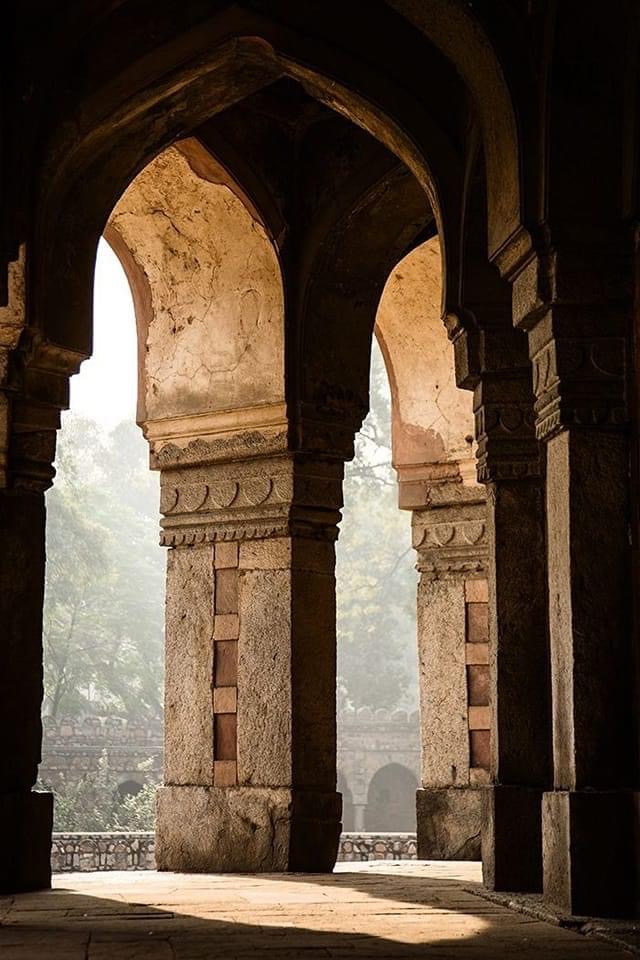By Deepak Chopra, MD, FACP, FRCP
One thing that no one can tolerate is a meaningless life. You might even say that the entire purpose of our lives is a search for meaning, and we hope to find it in work, family, religion, politics, practically anything you can name. When meaning and purpose fail — after being fired, getting a divorce, or losing a beloved family member — people get anxious and depressed.
This aspect of the human condition is a mystery. Other creatures are satisfied to be lions, whales, rabbits, or shrews, guided by their nature. Humans alone question whether life makes sense. Does it? War is senseless but has endured for millennia. To an atheist, God doesn’t make sense, while to the religiously devout the absence of God doesn’t make sense. Yet few people ask why life makes sense at all.
There are really only two answers to this question. If life makes sense, we are justified in seeking deeper and higher meaning. If life doesn’t make sense — in other words, if existence is random, accidental, indifferent, and simply a mechanical biological process — then seeking more meaning is just escapism. We are fooling ourselves in the hope that things matter.
To me, this is a fascinating question, not a gloomy one. There is actually a third answer: we don’t know why life makes sense. Putting all assumptions aside, being uncertain takes you to a creative place. There is always the possibility that human beings are creators of meaning, and existence provides us with the colors we use to paint reality.
If that is true, then human evolution is itself a creative project. Despite the senselessness that surrounds us — from war, violence, hatred, racism, sexism, etc. — the creative process we call civilization endures age after age. Is there actual proof that this perspective is true? The countless people who are weighed down by suffering, not to mention those who have died needlessly and tragically, make it easy to argue that truth belongs on the other side. No less than Freud believed that civilization was a fragile veneer protecting us from our inner drive toward self-destruction.
But proof in a scientific age needs to be objective. Here’s a credible argument for why life makes total sense, not just human life but all life, down to single-celled organisms. If you consider the human brain, it either creates meaning out of raw sensory input or it processes that input as an agent of the mind. We don’t need to go into the intricacies of mind versus brain here. It is enough that the brain allows us to make sense of life.
That wouldn’t be possible if brain cells were not perfectly organized to do all of this processing, turning invisible photons into a world of sight and air vibrations into intelligible sounds like language and music. For a cell to be this organized, either it is doing the organization itself or there is a higher overseer. Every cell biologist would affirm that the cell is organizing itself, thanks to DNA. But what organizes DNA? Again the answer is that it is doing the whole thing itself.
It can break DNA down into constituent chemicals, chemicals to atoms, and atoms to subatomic particles. At every step of the way, self-organization is the rule. Everything in existence knows how to be itself. More than that, everything belongs to a larger system that organizes bigger projects. The first atoms that appeared after the big bang — hydrogen, helium, and lithium — didn’t simply hang out in space. They contributed to the cosmic self-organization that made stars, planets, primitive life forms, and Homo sapienspossible.
The key word here is “self,” which the Vedic seers of India seized upon by declaring that the Self is imperishable. It is innate in existence, and like matter and energy, the Self cannot be created or destroyed. Being self-aware, humans can recognize that they have a self. “I am” is the most basic aspect of being self-aware, and its two components, “I” (the self) and “am” (existence) cannot be separated. To exist is to have a self, as proven by the fact that every level of nature is self-organizing. If atoms didn’t know how to be themselves, by definition they couldn’t exist.
Creation is nothing but change, and the Self morphs and evolves continuously. Simple atoms become more complex atoms; one-celled animals and plants become multi-celled animals and plants. Visibly, we see these changes and therefore grasp the process of evolution. What we don’t see is that as physical evolution takes place, making a rhinoceros look nothing like a tree fern, the self remains untouched. Once again, the proof lies in the fact that absolutely everything knows how to be itself.
Human beings nurture the changes that make a newborn turn into an infant, toddler, preschooler, school child, and adolescent. We wait a long time before trusting that our offspring are complete enough to be independent and mature. But even at the most helpless stage of the human life cycle, the body and mind know how to be themselves in the midst of constant change.
I didn’t say “Body, mind, and spirit,” because proof of spirit is extremely tricky in the modern secular world. Perhaps only proof by extension will convince people. In other words, if the body and mind have evolved to such incredible complexity simply by being themselves, then by extension the soul or spirit simply continues the self. This is why Self is capitalized when speaking of Vedic philosophy or Yoga and Buddhis. The Self is higher (more evolved) than the everyday self with all its backsliding into senseless behavior, anxiety, and depression.
Ultimately, it is a great gift that the self isn’t created, whether lower case or upper case. “I am” doesn’t need a human brain to create self-awareness. The self is actually a catch-all for a conscious agency that is innate in creation. Before you and I have an identity, we are provided with the necessary ingredients: love, compassion, intelligence, awareness, creativity, curiosity, insight, and the impulse to evolve.
At the worst of times, the self endures because these ingredients endure, even when we turn our backs on them, flirting with depression, anxiety, violence, and everything that doesn’t make sense. Because life itself makes sense, thanks to the self, human beings have the freedom to explore anything and everything. No matter what harm or peril this leads to, what matters is that this freedom is indestructible.









